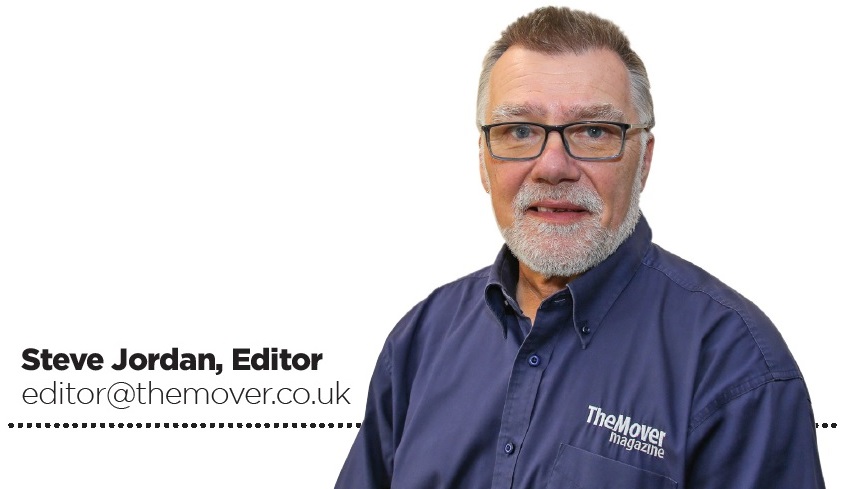There is a side of the COVID-19 pandemic that bothers me as we begin to emerge, blinking into the post pandemic world: cash. I can imagine, as companies began to shut down a few weeks ago, the cries of CFOs worldwide to “pay nobody”, until the crisis is over. I can see that makes perfect sense from a purely accounting point of view. But this seems to me to be bigger than that.
I know that many companies will have been, and might still be, in genuine financial difficulties and, as some might not have been in great shape in the first place, they would have had to do everything possible to keep afloat. I don’t blame them for that. But there are others who might have taken the opportunity of a global crisis to clamp down, even if it wasn’t strictly essential, with the excuse that they didn’t know how long the cash they had, needed to last. Moreover, there might even be some who choose to hold off, even now, just because they can. That’s wrong in my opinion.
How many times have I heard that we are ‘all in this together’ and it is only by working together that we will emerge from it? But there will be some who choose to live to that mantra when it suits them, and not when it doesn’t. There has been much talk of how we should use this ‘opportunity’ to start to build a better world – as long as that doesn’t involve paying people on time of course.
As I see it, we all have an obligation to do what we can to ensure the survival of our own businesses and, where we can, do something to help others do the same. That’s what ‘working together’ means. If we really cannot pay our bills on time, we should ask for understanding from our creditors. But if we have the means, we should make sure we do our part by paying people who have worked for us, as quickly as we reasonably can. It is cash that keeps the world turning and those that have it should keep it flowing.
What’s more, it makes good business sense: people have long memories and they will remember who played the game fair and who didn’t. There might be a time when the tables are turned.
